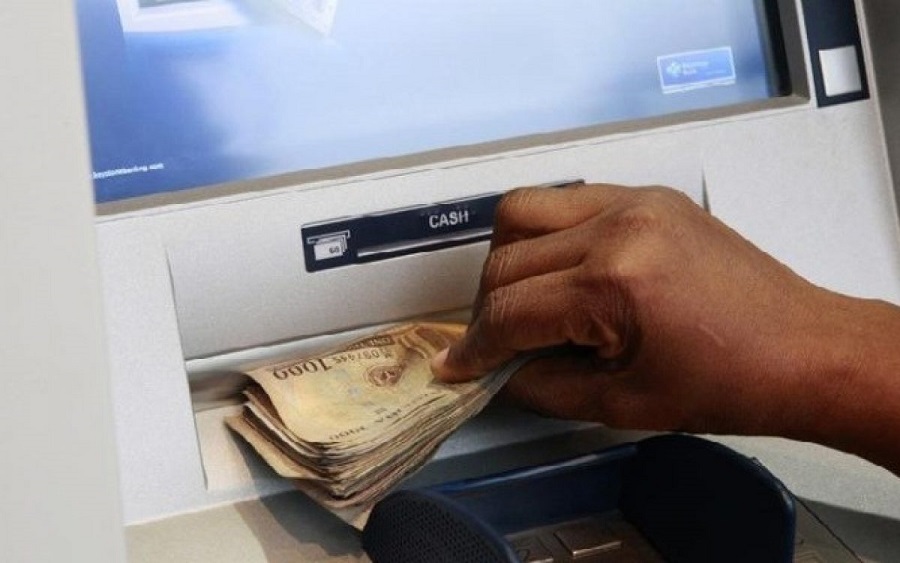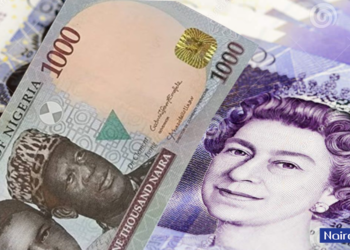Article summary
- Shortly after taking the oath of office on Monday, President Bola Ahmed Tinubu promised to encourage state governments to participate in power generation and distribution and affordable electricity to all Nigerians
- This move will ensure affordability and accessibility to all Nigerian households and businesses.
- While campaigning for the office of the president, Bola Tinubu said he would consolidate on the achievements of the past Buhari administration in the country’s power sector.
President Bola Ahmed Tinubu has said that his administration will encourage state governments to participate in power generation and distribution.
He stated this shortly after being sworn in as Nigeria’s president and taking the oath of office on Monday, May 29, 2023.
According to Tinubu, his administration will offer good governance in furtherance of the Nigerian ideal.
Focus on the power sector
For President Tinubu, the power sector is a key aspect of the country’s economy. While speaking on his plans for the power sector, President Tinubu said that electricity will become more accessible and affordable to businesses and homes alike.
- “Power generation should nearly double, and transmission and distribution networks improved. We will encourage states to develop local sources as well,” he said.
- “We will encourage various state governments to participate in power generation and distribution of their own” ~ President Tinubu
Backstory
On March 17, 2023, Nigeria’s former President, Muhammadu Buhari approved a constitutional amendment allowing Nigerian states to generate, distribute and transmit electricity.
- Under the policy, states will have the power to generate, distribute and transmit electricity, all states will be allowed to develop their electricity market frameworks which will be specific to their capacity and realities.
- Power sector stakeholders have hailed the policy stating that the decentralization of the electricity market will allow for better accountability and transparency.
- They also believe that the policy will promote and foster competition in the market which will, in the long run, influence electricity tariffs toward a downward trajectory.
- The implication of the policy is that there will be a decongestion of the national grid. With the development of regional electricity systems, some customers will move to regional players.
This will free up more resources on the central national grid for improved service while the federal government and national players continue to deepen capacity on the national front.
More Insights
Following the promise made by Nigeria’s new president to support states to develop their power sector capacity, it is important to note that more work needs to be done to ensure that states can develop their electricity markets as intended by the policy.
- Nairametrics has previously reported that Odion Omonfoman, the Chief Executive Officer of New Hampshire Capital Limited, said that power sector players like the Nigeria Electricity Regulatory Commission (NERC), the National Assembly, the Federal Ministry of Power, and all states need to chart a path as to how both the state and federal electricity markets will co-exist.
- According to Omonfoman, there should be a framework for Nigeria’s new electricity market and the linkages between both state and federal governments.
- The framework will address the extent of NERC’s power, the extent of the power of the state governments, and those who oversee monitoring standards and customer complaints.
What you should know: President Tinubu’s administration will also follow through on the existing power projects initiated by the past administration. This is inclusive of phase one of the Siemens power project, which FGN Power Company has said is at the 80% completion stage.
- Under the Siemens power project, transmission and distribution infrastructure will also be improved.
- It is also important to note that the new president intends to expand Nigeria’s power mix to include clean coal, solar, hydropower, and other sustainable energy technologies.




















